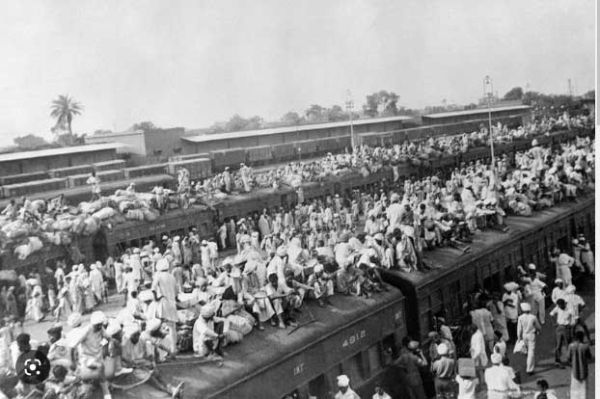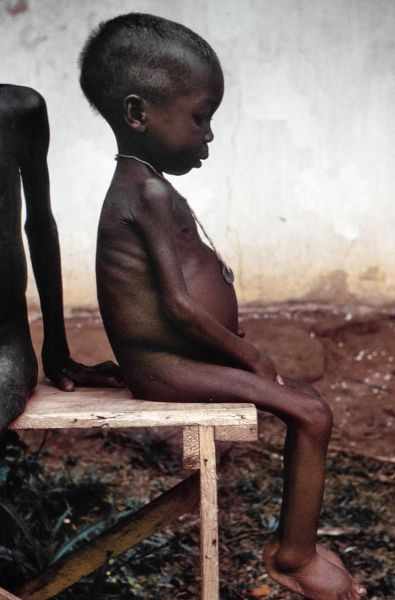National Divisions: a Brief History
National Divisions--a Brief History
I will state my position at the outset: If the United States has already split apart, why try to hold it together? The divisions have demonstrated plainly irreconcilable differences. The U.S. needs to divide into three new countries. How much violence and intimidation do the citizens need to experience before they deal with the inevitable? Perhaps I can persuade my readers of the urgency of our present situation by offering an historic view of disunity and intimidation.
I pitched this division-idea to some trusted friends, and they looked at me with something like shame and incredulity—shame at my apparent snobbishness, racism, and sexism; incredulity at my ignoring the logistical challenge of transmigrating millions of people, making so many exchanges of real estate, and saying goodbye to the people who have thrown their lot in with the other side.
Of course, the normal inertia of people means that the government will have to undertake the divisions over the citizens' objections—who would rather risk an end-game and suffer ostracism and intimidation until they cannot take it any longer—or an act of treachery by one side against the other, that precipitates a civil war. Then the transmigrations of people will take place in haste and chaos—at the point of a gun.
Millions of Indians and Pakistanis cross paths en route to their future nations.
Anyone interested in the consequences of civil war should study the division of British-India into India, Pakistan, and Bangladesh; or the division of Yugoslavia into Slovenia, Croatia, Serbia, Bosnia-Herzegovina, Montenegro, and North Macedonia. Needless to say, the transmigrations took place helter-skelter, with most migrants glad to get out alive with the clothes on their backs.
Vukovar after bombardments
At least those divisions succeeded—at the cost of millions of lives, millions of dollars in lost personal assets, the bombing of entire cities into rubble, and mutual hostility that time has not diminished. Great Britain had control of India until Indian independence in 1947. Josip Broz Tito ruled Yugoslavia until his death in 1980. After those periods, all of the atavistic rivalries came back to life with incredible fury. If only the British Raj and Tito had known all of this beforehand, they would have gladly initiated the divisions themselves and saved all the dead people.
Destruction in Kosovo
But at least their divisions succeeded. Sometimes a nation's internal forces thwart the division, with violence equal to or worse than the divisions that succeed. Consider the Biafran War in Nigeria, that raged from 1967 to 1970, as the prime example. The Christian Igbo of the South wanted to secede from the autocratic Islamic government of the North. The government blockaded the South, leading to the starvation of perhaps two million Biafrans, and the emigration of another half-million.
Starving Igbo child
Contemporary Americans, feeling the heat from ethnic and religious rivalries, should take note of the risks involved in staying together. They should pay attention to the basic lessons from these other civil wars. The most important lesson is that people prefer to associate with others like themselves. Silly bourgeois notions like Tolerance and Diversity exist only in the minds of the gullible, and benefit only the more aggressive and domineering.
We hear it everyday: this "sectarian" group, or that "separatist" group, angles for "self-determination," autonomy," or that old stand-by, "freedom." We feel everyday their resentment and frustration on the limits to their personal space. So I keep wondering, "Why are these people still here?" Wouldn't they rather have their own country? What sort of impetus do they need to move on it, a civil war, continuing violence, like Yugoslavia and India?




